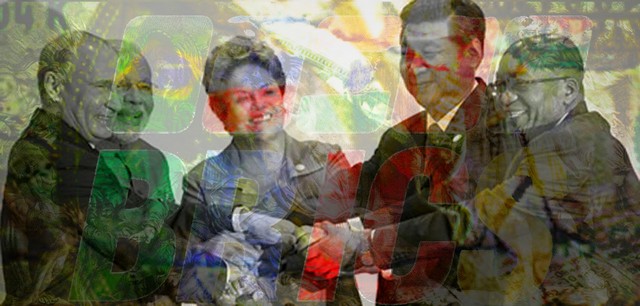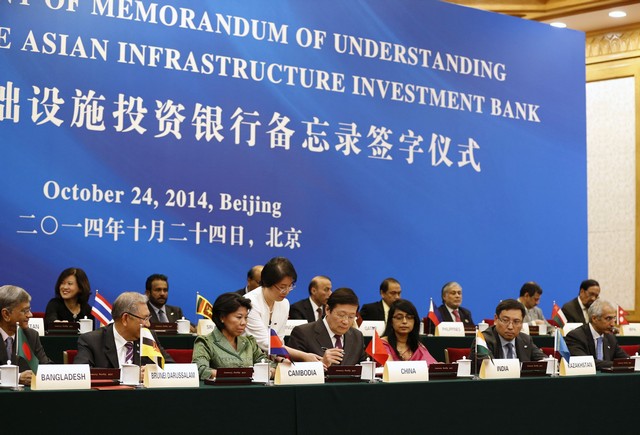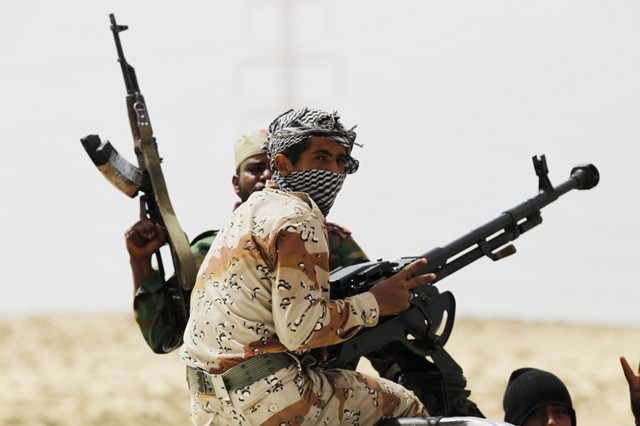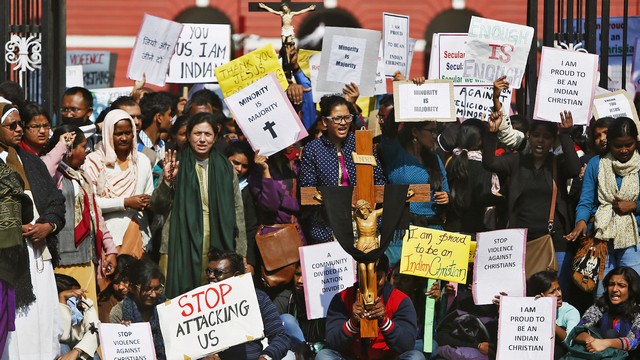On the 28th March 2015, the International Movement for a Just World (JUST) organized a workshop with the theme centring around the Association of South East Asian Nations (ASEAN).
The JUST workshop was entitled ASEAN: Enhancing the ties that Bind.
While ASEAN has achieved many notable milestones, there are multitude of challenges that have arisen from both within and without ASEAN that test the strength of these ties.
There were 23 participants who included youths, notable academics, and representatives from the various governmental and non-governmental bodies in the workshop. They were invited to contribute their individual perspectives and experiences.
The workshop’s sub-themes focused on three primary issues affecting the ASEAN community today.
The first theme had to do with transforming the state-centric nature of ASEAN nations today into a more people oriented entity. With the ASEAN concept and framework being maintained at a state-institution level as it currently is, ASEAN simply stagnates at state level with its engagements marked by numerous meetings, posh functions and high level talks. All of which while important, fails to be translated into substance at a socio-cultural level. It does not promote ASEAN at the people level.
The people of ASEAN need to discover a community shared across these boundaries, creating an ASEAN identity that is nurtured on a regional basis. This may mean developing initiatives like enhancing community engagements such as youth engagement programs which highlight the common values shared among the ASEAN community, and establishing an ASEAN Media Channel to share ASEAN and its diverse regional cultures.
Ultimately the aim would be to promote a level of social awareness in ASEAN where the shared history and culture of the ASEAN community is irrevocably tied together far more than people take granted for. However this also means ASEAN will have to more open and creative in its engagement with many of its shared bitter histories. Should it fail to reconcile them, the pathway to a truly unified and openly cooperative ASEAN may be continuously hindered.
The second theme took cognisance of a clear potential fault line between the ASEAN communities which is the inter-faith relationship between the Muslim and Buddhist groups in ASEAN. With ASEAN comprising 82% Buddhist and Muslims, the importance of maintaining religious harmony is vital for stability in ASEAN. The challenges that this issue raises however does not stem from within ASEAN alone. The tense relationship felt by the two religious communities are fuelled by on-going forces from within and without ASEAN that strive to fracture that proverbial fault line, by shaping perceptions of the other community. These may stem from outside political forces, events that indirectly influence perceptions, or from domestic forces who seek to exercise puritanical authority over their own religious communities (whether borne from a misguided sense of self-righteousness, duty, or a desperate grab for power and authority).
What is clear is that the ASEAN leadership must carefully engage with issues pertaining to the inter-religious harmony of these two prominent religious communities. The recommendations brought up during the ASEAN Workshop highlights these needs by asking to address them through the medium of Culture, Education and Media. Emphasis needs to be placed upon instilling a sense of respect, sensitivity in order to promote cooperation and meaningful inter-faith dialogue.
The media emphasis plays a particularly important role here where it shapes the perception of religious communities, especially through how it reports on them. Reporting on religious conflict without understanding the nuances and contexts involved, does little in providing a clear understanding of the causes, and may even propagate biases and prejudices further, which may in itself lead to further conflict. Therefore the media must be engaged in order to establish standards in religious reporting.
However having standards in the media alone is not sufficient in countering the prejudicial narratives espoused by the media organizations, especially those that function more as propaganda tools, than factual news sources.
Another recommendation would be to organize a media framework which provides a clear and factual counter-narrative in order to ensure that the discourse is not polluted by a single, biased and agenda driven narrative.
Spiritual sensitivity among the diverse religious communities should be the main goal in order to strengthen the inter-faith relationship of the ASEAN religious communities.
The final theme focused on the larger geo-political dynamics between China and the United States of America in relation to the ASEAN states.
It is of no mystery that the United States and China have had a large geo-political stake in the region of South East Asia given its strategic geography. The United States of America has long sought to extend its hegemonic influence to counter the growing influence from China in the region.
South East Asia, or more specifically the South China Sea, gives access for the United States to extend its military capabilities to further exert this hegemonic power. This is also why China has responded by re-asserting its claim on the waterways of the South China Sea.
ASEAN nations have yet to make any strong stance with regards to the clashing of these two powers whose contestation on waterways that border their nation states challenge the national sovereignty of the respective South East Asian nations. It is a difficult dilemma for many as the fear of incurring the wrath of either one may potentially bring adverse effects to one’s own economic and social well-being.
States in South East Asia have taken to various diplomatic routes, some aligning themselves much more closely to one particular power, with others attempting to appease both, as part of their diplomatic policy. What is clear from the varying diplomatic stances is that there is not a single unified approach in managing the situations or conflicts along the sea lanes that border us.
The participants in the JUST ASEAN Workshop realized these challenges, and there were many suggestions drawn up on how the ASEAN concept could function as a potential framework in addressing the challenges posed by these powers.
Many of the recommendations emphasized maintaining the sovereignty of ASEAN nations. One suggestion is to first attempt to dissuade further reclamations of maritime features in the South China Seas. This can be done by first pushing for a code of conduct in the South China Sea and encouraging ASEAN nations to develop a single dispute resolving mechanism (that is, an ASEAN Court of Justice).
ASEAN has to make a firm stance that it is a non-aligned entity. Its diplomatic dealings and policies must not favour those of external powers, but instead its primary commitment should be that of the well-being and betterment of the people of ASEAN.
The most important point raised however, is that in order to develop such frameworks that work to the benefit of the states and its people, civil society organizations and Non-Governmental Organizations must be actively engaged and collaborated with. There is a clear disparity between Civil Society Organizations and the Governments to a point where there is little to no collaboration between the two in creating an ASEAN identity. This is perhaps why ASEAN has remained fixed at a state level for the most part and has not weaved its way effectively into the discourse of civil society.
The recommendations brought out in all the discussions at the workshop displayed an in-depth awareness of the challenges facing ASEAN as a whole. Understandably however, the difficulty lies in the implementation, as there are many nuances which need to be carefully dealt with. As an example, the policy of non-interference which ASEAN states have long maintained is an impediment to collectively resolving politically sensitive issues within neighbour states. This has allowed injustices such as the plight faced by the Rohingyas, the rise of extremist Buddhist elements in Myanmar, the Bangsamoro conflict in the Philippines, and encroaching Islamic State (IS) elements in Indonesia and Malaysia, to persist and never reach a fulfilling resolution and further fracture the fault lines present among the ASEAN community, sometimes in favour of those with nefarious agendas.
The need for a strong ASEAN community is important. In principle, ASEAN is a declaration of sovereignty among a collection of states with closely shared histories and cultures which can be traced and linked to one another. It features a vastly diverse religious community with its own unique historical nuances and traditions. In order to maintain the harmonious balance in this relationship, it is imperative that ASEAN first and foremost organize itself to be more people-centric, where civil society must collaborate with established ASEAN institutions to promote a strong unified socio-cultural-political discourse.
The recommendation framework developed by the workshop participants serves as a statement in itself, calling for progressive transformation which is defined collectively by the people of ASEAN.
Hassanal Noor Rashid
JUST Program Coordinator
9 April 2015









